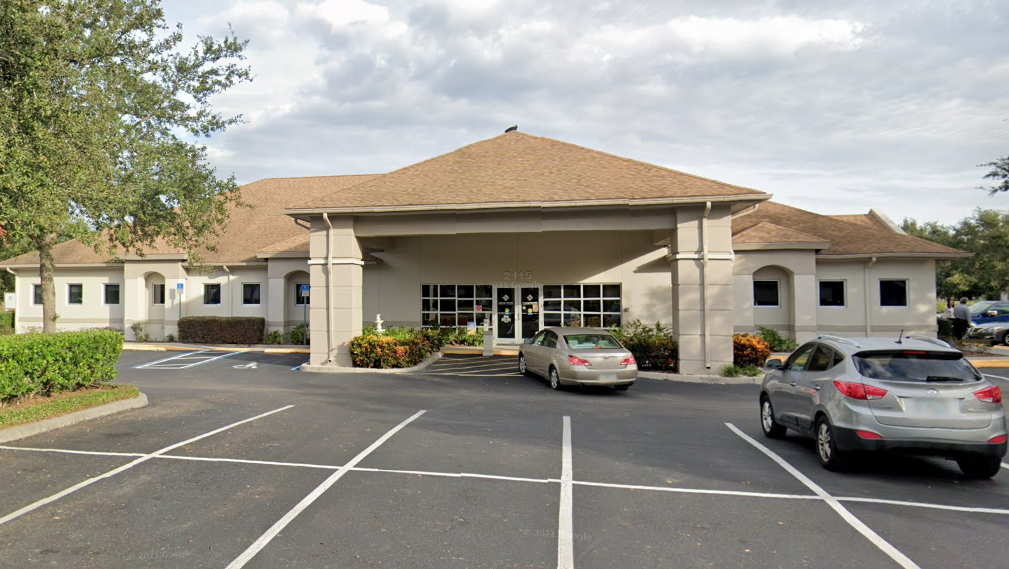The advert reads like an provide of salvation: Cancer kills quite a few people today. But there is hope in Apatone, a proprietary vitamin C–based combination, that is “KILLING most cancers.” The substance, an unproven therapy that is not authorized by the Food and drug administration, is not available in the United States. If you want Apatone, the ad indicates, you will need to vacation to a clinic in Mexico.
If you are on Facebook or Instagram and Meta has decided you may possibly be interested in cancer solutions, it’s probable you have witnessed this advertisement. It is part of a sample on Facebook of adverts that make deceptive or false well being promises, focused at most cancers people.
Evidence from Fb and Instagram people, healthcare scientists, and its personal Ad Library implies that Meta is rife with advertisements that contains sensational health and fitness claims, which the corporation immediately revenue from, with some deceptive adverts remaining unchallenged for months and even several years. Examine the whole story.
—Abby Ohlheiser
The hacking marketplace faces the conclusion of an era
The information: NSO Group, the world’s most notorious hacking corporation, could shortly cease to exist. The Israeli organization, however reeling from US sanctions, has been in talks about a attainable acquisition by the American military services contractor L3 Harris. The deal is much from selected, but if it goes through, it’s probably to entail the dismantling of NSO Group and the close of an era.
Industry-vast turbulence: No matter what comes about to NSO, the alterations afoot in the world-wide hacking industry are far greater than any solitary business. Which is primarily down to two major alterations: the US sanctioned NSO in late 2021, and days later the Israeli federal government seriously limited its hacking field, slicing the quantity of nations firms can promote to from about 100 to just 37.
But… The market is modifying relatively than disappearing. One particular issue we’re finding out is that a vacuum just can’t very last extended in a marketplace wherever demand from customers is so superior. Go through the whole story.
—Patrick Howell O’Neill
We want smarter towns, not “smart cities”
The phrase “smart cities” originated as a marketing and advertising system for large IT suppliers. It has now develop into synonymous with city uses of engineering, significantly superior and rising systems. But cities are much more than 5G, big info, driverless vehicles, and AI, and a concentration on setting up “smart cities” risks turning metropolitan areas into technological know-how assignments.
Truly wise metropolitan areas recognize the ambiguity of life and livelihoods, and they are pushed by results considerably further than the implementation of “solutions.” They are described by their residents’ talents, associations, and perception of ownership—and not by the engineering deployed there. Study the whole tale.







